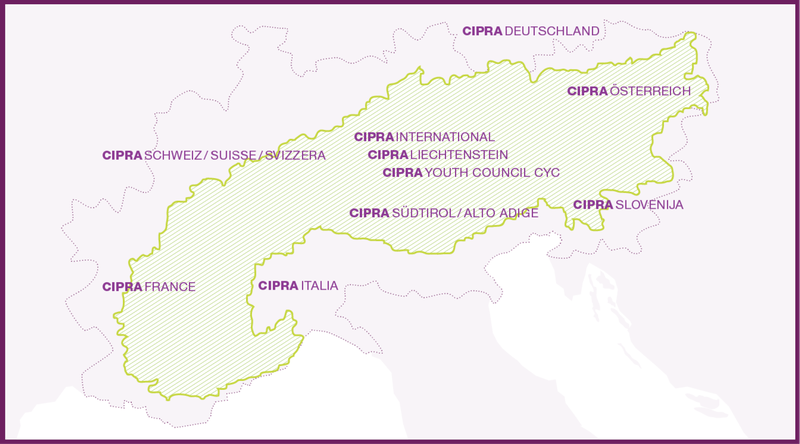Laura Haberfellner, CIPRA International Lab
Innovation to counter emigration
Emigration and the brain drain in the Alpine region: a new EU project involving CIPRA aims to counteract this trend. It is testing innovative governance models to strengthen mountain regions and create a win-win situation for regions of origin, destinations and young emigrants.
Who is CIPRA?
Find out more!
More articles
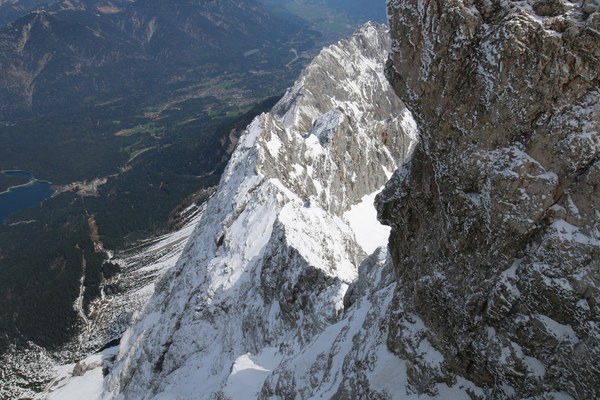
Michael Gams, CIPRA International
Climate crisis makes mountains crumble
Rockfalls and rockslides are nothing new in the Alps, but dwindling permafrost is making the situation even worse – for mountaineering and for villages.
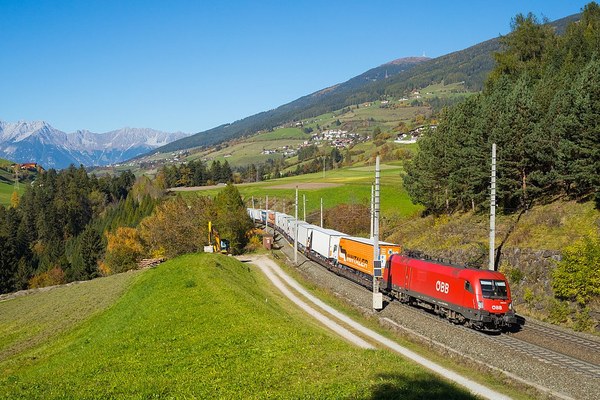
Ill-chosen incentives may fuel transit
More e-trucks instead of a shift to rail: a new EU directive could further fuel the burden of freight traffic through the Alps.
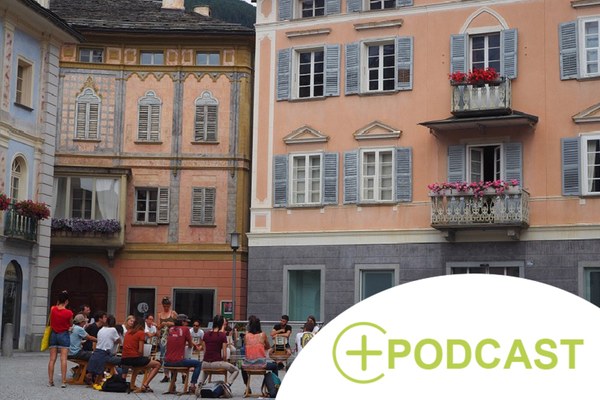
Changing the Alps together
Integrating marginalised groups better, reviving ghost towns in the Alps, or organising a meeting on “Rural Commons”: the first “Alpine Changemaker Basecamp” (ACB) in Valposchiavo/CH at the beginning of July 2021 saw around 30 participants from the Alpine region further developing their projects for a liveable future in the Alps.
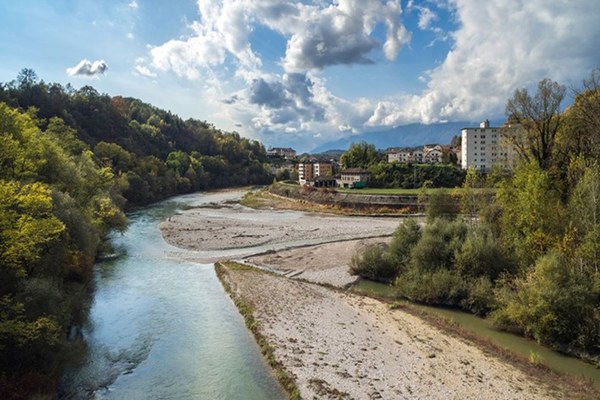
Climate protection: from plan to action
The Alps as a climate-neutral, climate-resistant region by 2050: this is the objective of the newly launched “Climate Action Plan 2.0” of the Alpine Convention. Concrete steps will now follow in such areas as mountain farming, spatial planning and biodiversity.
Events
|
Cuneo Montagna Festival | Cuneo (Italy) | |
|
Webinar - Successfully organising sustainable procurement with proCURE | online | |
|
FutureForum Alps 2025 | SAL - Saal am Lindaplatz, Landstrasse 19, 9494 Schaan, Liechtenstein |
Projects
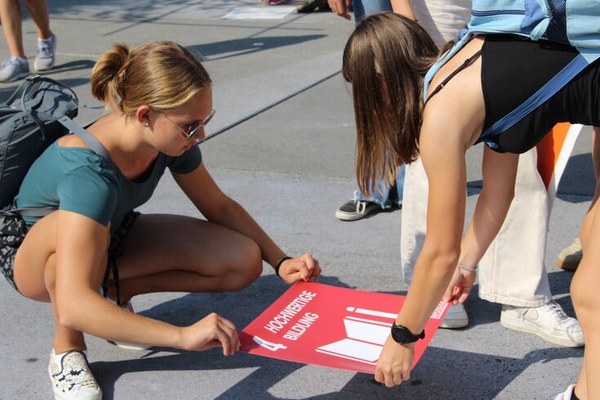
CIPRA International
Ars vivendi
[Project completed] How can the Sustainable Development Goals (SDGs) be learned and taught? In the project «ars vivendi» a didactic tool for the Global Agenda 2030 is being developed.
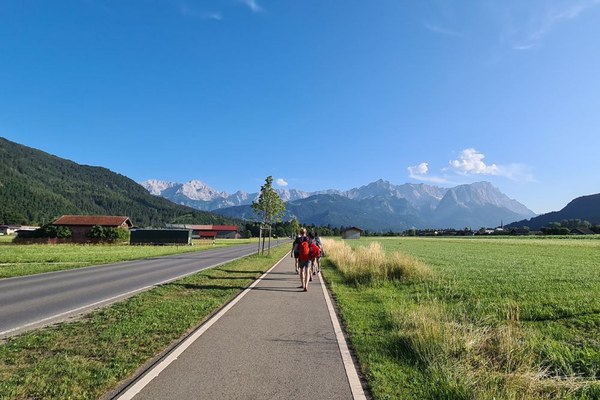
CIPRA Deutschland | CIPRA France
DINAMO
[Project competed] In many rural areas of the Alps, public transport services are inadequate for daily needs and tourism development. In some remote mountain regions, this is one of the reasons why there is a considerable amount of car traffic, especially on weekends, public holidays and during rush hours. There are various reasons for this, including the high cost of public transport solutions due to low population density, inadequate public transport options (such as timetables, accessibility, connectivity, travel time and costs) and political and social preferences in favour of private motorised transport.

CIPRA International Lab
LISTEN
The LISTEN project is analysing the use of space in suburbs on the basis of three pilot regions in Belgium, Sweden and Austria. CIPRA Lab GmbH is working together with partners from research and regional stakeholders.

